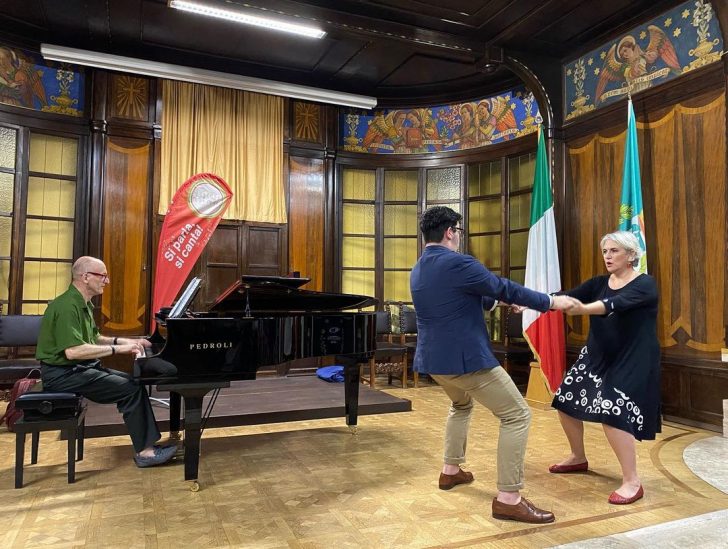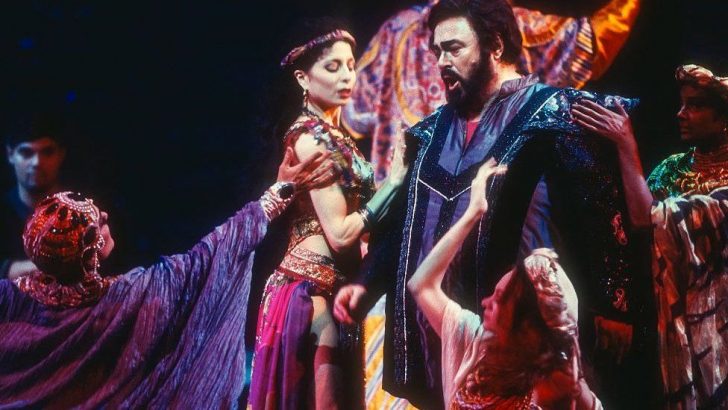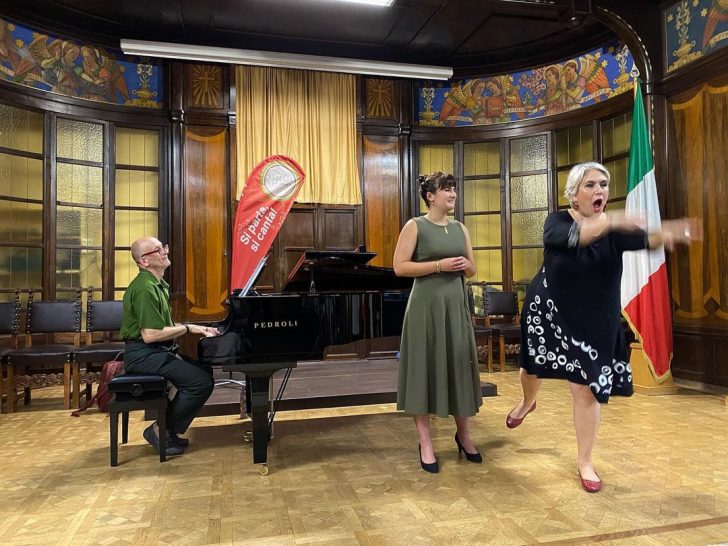In a landmark decision, UNESCO, the cultural branch of the United Nations, has recently expanded its Intangible Cultural Heritage list with 55 new additions. Among these, Italian opera singing has been recognized as a precious cultural treasure.
However, this move is not just a nod to Italy's rich cultural history but it is also a crucial step in preserving the art of opera singing for future generations.

Heritage / IG / The ‘inclusion’ is a prestigious accolade for the centuries-old art.
What Is Italian Opera Singing?
Before delving into the implications of UNESCO's decision, it is essential to understand what Italian opera singing is. Originating in Italy in the late 16th century, opera is a form of theatre where music plays a leading role.
Essentially, it is a blend of emotional narratives, theatrical performances, and, above all, powerful singing. Italian opera is particularly celebrated for its emotive and technically demanding vocal styles. Composers like Verdi, Puccini, and Rossini have created works that are not just Italian treasures but global masterpieces.
The Significance of the UNESCO Listing
Why is this recognition important? For starters, the UNESCO list aims to protect and promote practices that are more than just art forms. They are living pieces of history. The inclusion of Italian opera singing acknowledges its extraordinary contribution to world culture.

Elle / This is a landmark achievement for Italian Opera Singing as it will be protected by the United Nations.
It is an art form that has shaped not just music. But it is also literature, fashion, and drama. Moreover, this recognition shines a spotlight on the need for its preservation, especially in an era where digital media often overshadows traditional art forms.
Celebrating the Art Form
Italian opera is more than just singing. It is an intricate art form that combines vocal prowess with acting skills and stage presence. The sheer power of a live opera performance, with its high notes and dramatic expressions, is an experience that transcends language and culture.
This recognition by UNESCO is a celebration of this unique art form that has captivated audiences for centuries.
The Role of Opera in Italian Culture
Opera is deeply ingrained in Italian culture. From the grand Teatro La Scala in Milan to the historic Teatro di San Carlo in Naples, opera houses are landmarks in Italy, signifying the country's love for this art.

Heritage / IG / For centuries, Opera has been a medium through which stories of love, tragedy, and triumph have been told, resonating with the Italian spirit of passion and expression.
Despite its revered status, opera faces challenges. The high production costs and the need for specialized training for opera singers are significant hurdles. However, UNESCO's recognition brings hope. It opens doors for increased funding, global awareness, and educational initiatives to keep this art form thriving.
The Global Impact
Italian opera singing, now under UNESCO's protective umbrella, is not just an Italian treasure but a global one. This recognition underscores the universality of opera as a form of artistic expression. It reminds us that cultural heritage knows no borders and that the preservation of such art forms is a shared responsibility.
This year marks the 40th anniversary of the 2023 Convention for the Safeguarding of Intangible Cultural Heritage. The inclusion of Italian opera singing in this celebratory year is a testament to UNESCO's commitment to preserving the diverse and rich cultural practices worldwide.




